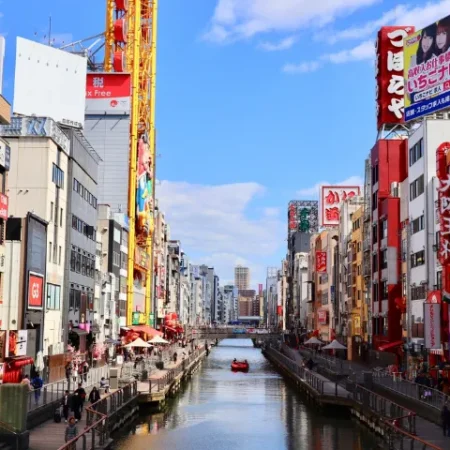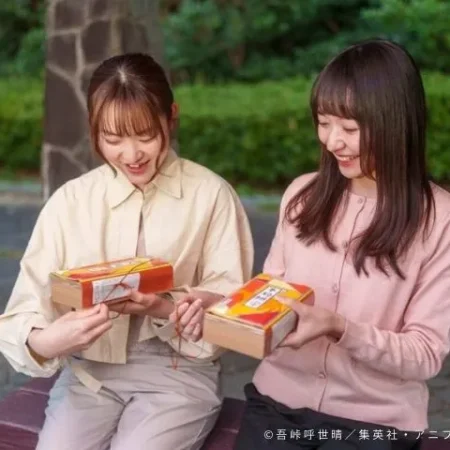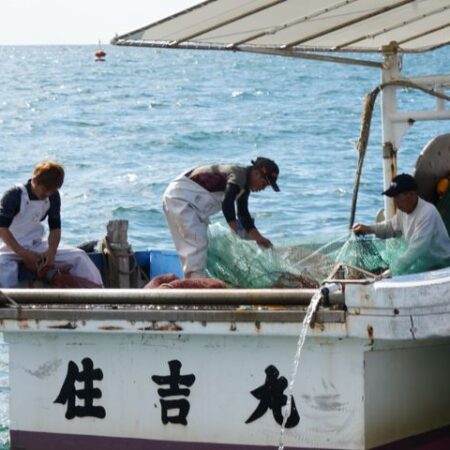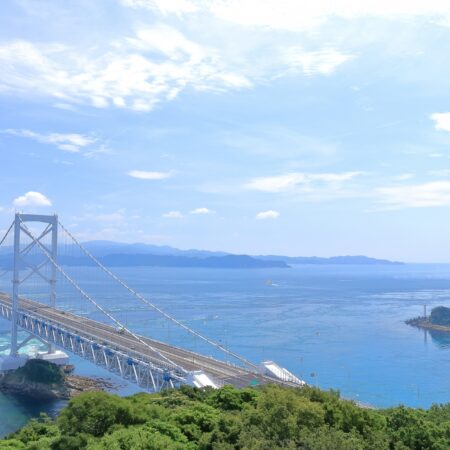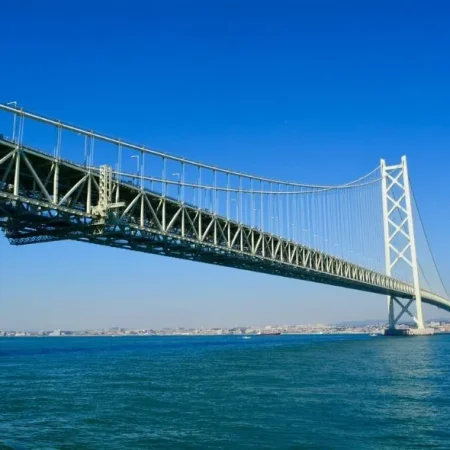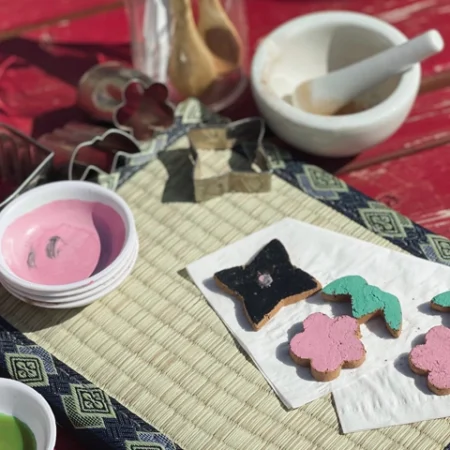The Sustainable Development Goals (SDGs) established by the United Nations provide a comprehensive framework to address global challenges and create a sustainable future for all. Among the 17 interconnected goals, SDG Goal 2, “Zero hunger,” holds immense significance in eradicating hunger, ensuring food security, improving nutrition, and promoting sustainable agriculture. In this article, we will explore the importance of SDG Goal 2 and how Awaji Island has taken innovative steps to tackle this goal through its farming-based efforts and facilities.
Table of Contents
Pursuing SDG 2: Zero Hunger
The SDGs are a set of targets aimed at achieving a more sustainable and inclusive world by 2030. Goal 2, “Zero hunger,” recognizes the fundamental right of every individual to have access to safe, nutritious, and sufficient food, while also addressing issues such as malnutrition, agricultural productivity, and sustainable food production systems. SDG Goal 2 is crucial for building resilient communities and ensuring the well-being of individuals and societies worldwide. Hunger and malnutrition not only hinder human development but also contribute to various social, economic, and environmental challenges.
Sustainable Solutions Achieving Zero Hunger on Awaji Island
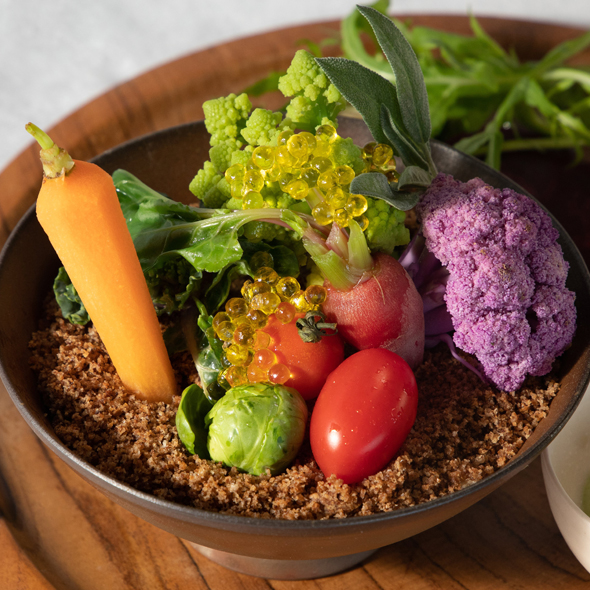
Awaji Island, located in Japan’s Seto Inland Sea, is a captivating island known for its breathtaking natural landscapes and delectable gourmet food. In recent years, the island has embraced innovative strategies to promote zero hunger within its community. Awaji Island’s initiatives revolve around utilizing local farming resources and establishing facilities and restaurants that prioritize sustainable agriculture and food security.
Awaji Island has established a self-sustaining farming system based on their strategy which involves cultivating, processing, and selling crops in a closed-loop system. By integrating the entire production chain, from farm to table, the island ensures the freshness and quality of the agricultural produce. The unique approach has attracted many human resources to Awaji Island to learn and contribute to sustainable practices. The initiative started in 2008, and many individuals have undergone training to pursue careers as independent farmers or entrepreneurs in the agricultural sector
To encourage community involvement and food self-sufficiency, Awaji Island has also established community farms. These farms provide residents with opportunities to cultivate their own crops, fostering a sense of empowerment, food security, and community cohesion. By engaging in sustainable farming practices, individuals contribute to reducing hunger and promoting the island’s overall resilience.
Awaji Island has also embraced agricultural tourism as a means to promote sustainable farming practices and educate visitors about food production. The island offers immersive experiences, such as farm visits, where tourists can engage in activities like harvesting fruits and vegetables, learning traditional farming techniques, and gaining insights into the island’s rich agricultural heritage. By connecting visitors with local farmers, Awaji Island fosters an appreciation for the efforts behind food production and highlights the importance of sustainable agriculture.
A True Farm-to-Table Experience Pursuing Zero Hunger
Haru San San
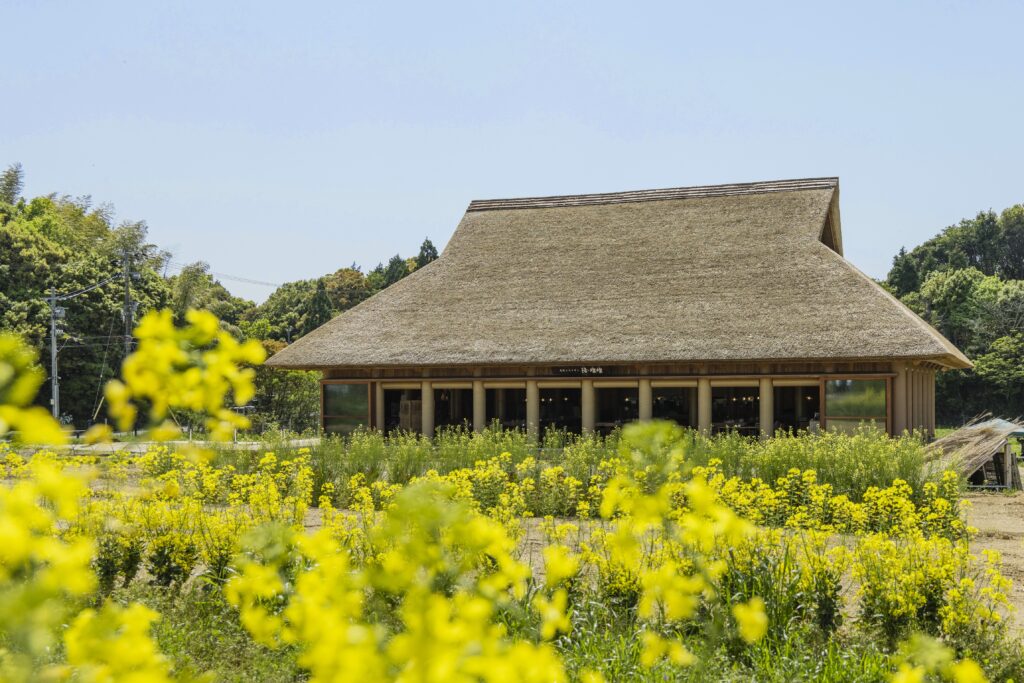
Awaji Island also boasts a range of farm-to-table restaurants that showcase the island’s abundant agricultural produce. These establishments prioritize sourcing ingredients directly from local farmers, ensuring freshness, supporting the local economy, and reducing food waste. By shortening the supply chain, these restaurants contribute to sustainable food production systems and enable consumers to enjoy nutritious meals while appreciating the island’s natural flavors. One of the major examples is Haru San San, a farmhouse restaurant that offers a unique dining experience centered around freshly picked vegetables from its own farm and thoughtfully cultivated ingredients provided by local producers.
Inside the restaurant, visitors can indulge in refined vegetable dishes that highlight the vibrant colors and delicate flavors of the seasonal harvest. Talented chefs Nobuaki Fushiki and Masayuki Okuda create each plate with care, showcasing the bounty of Awaji Island and its farm-to-table philosophy. Overlooking a thriving field, the restaurant sources fresh produce for its lunch menus, delivering an authentic farm-to-table experience. Guests will be able to feel the dedication and passion behind the cultivation of these ingredients with each bite.
Haru San San is designed by the esteemed architect Shigeru Ban who won the prestigious Pritzker Award, often regarded as the architectural equivalent of the Nobel Prize. The building reflects a harmonious fusion of architecture and nature, and the pillars, crafted from environmentally friendly paper tubes, gracefully blend with the surroundings, embodying the commitment to a greener future. The charming thatched roof, a symbol of tradition and sustainability, evokes a sense of timelessness and invites contemplation on what it means to live in harmony with our environment.
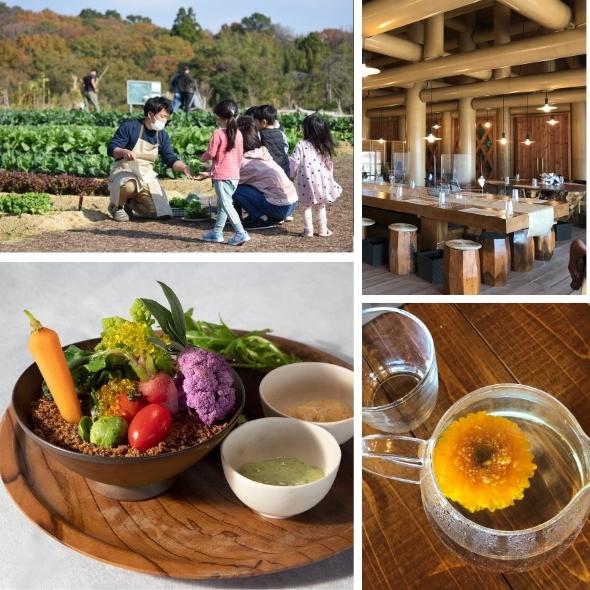
Haru San San also offers engaging workshops and events throughout the seasons. Guests can enjoy the joyous experience of vegetable harvesting and expand their knowledge through enlightening lectures about the importance of self-sufficiency and the secrets of fermented foods which lead to a healthier lifestyle.
| Name | Farmer’s Restaurant – Haru San San |
|---|---|
| Address | 1510-4 Nojima-tokiwa Aza Genpachi, Awaji City, Hyogo Pref. 656-1726 |
| Tel | 0799-70-9082 |
| Operation Hours | 11:00-18:00(L.O.17:00) |
| Closed | Wednesdays |
| Website | https://www.awaji-nlr.com/harusansan |
| Reservations | https://www.tablecheck.com/en/shops/noukarestaurant-haru-sansan/reserve |
Click here for details of Haru San San
Summary
SDG 2, Zero Hunger, plays an important role in building a sustainable and inclusive future for society. Awaji Island’s commitment to addressing this goal through its farming-based facilities and restaurants showcases the island’s dedication to promoting sustainable agriculture, supporting local farmers, and fostering food security. By prioritizing zero hunger, Awaji Island serves as a brilliant example of how communities can contribute to achieving the SDGs, ensuring that everyone has access to nutritious food.
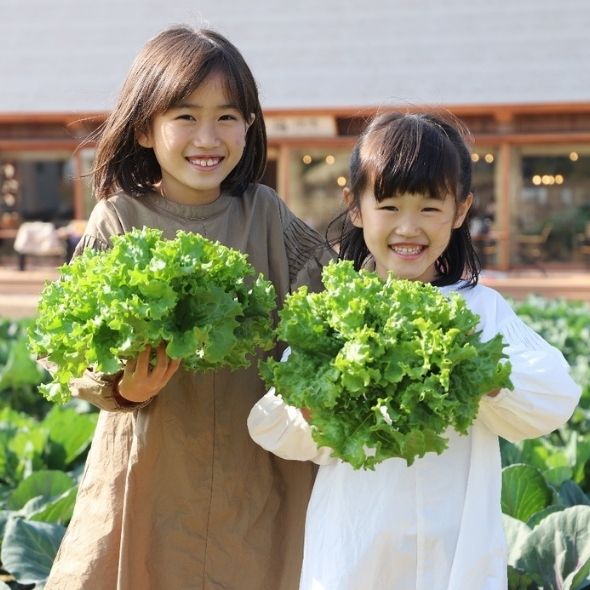
If you have time, it would be a good opportunity to visit Awaji Island and witness its remarkable efforts in tackling zero hunger. Explore its diverse restaurants, engage in its immersive activities, and enjoy the breathtaking views of the island. Experience firsthand the island’s commitment to sustainable agriculture and food security and join the journey towards a future where everyone has access to nutritious food.
| Name | Farmer’s Restaurant – Haru San San |
|---|---|
| Address | 1510-4 Nojima-tokiwa Aza Genpachi, Awaji City, Hyogo Pref. 656-1726 |
| Tel | 0799-70-9082 |
| Operation Hours | 11:00-18:00(L.O.17:00) |
| Closed | Wednesdays |
| Website | https://www.awaji-nlr.com/harusansan |
| Reservations | https://www.tablecheck.com/en/shops/noukarestaurant-haru-sansan/reserve |



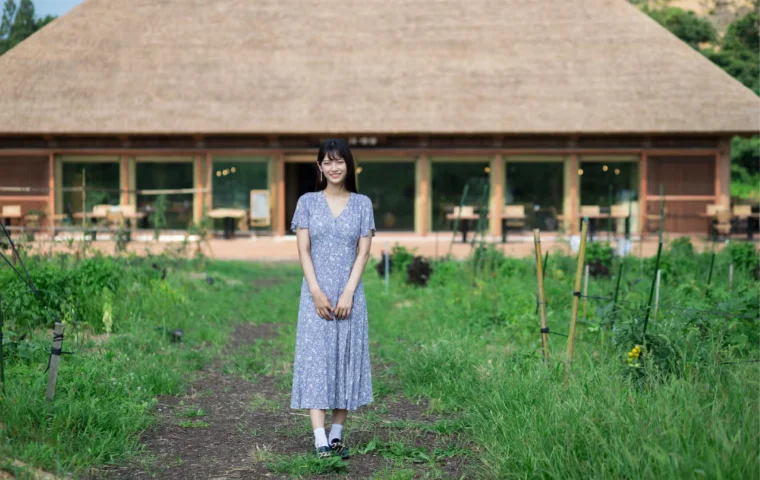
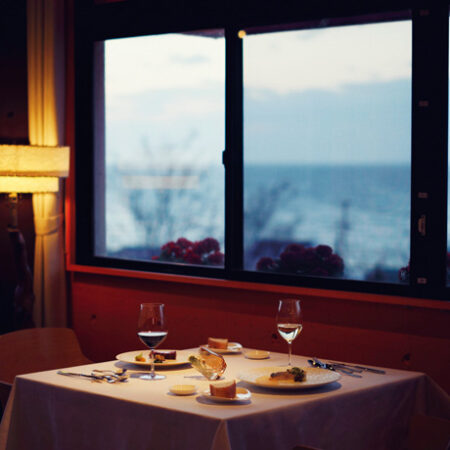
-450x450.jpg)


